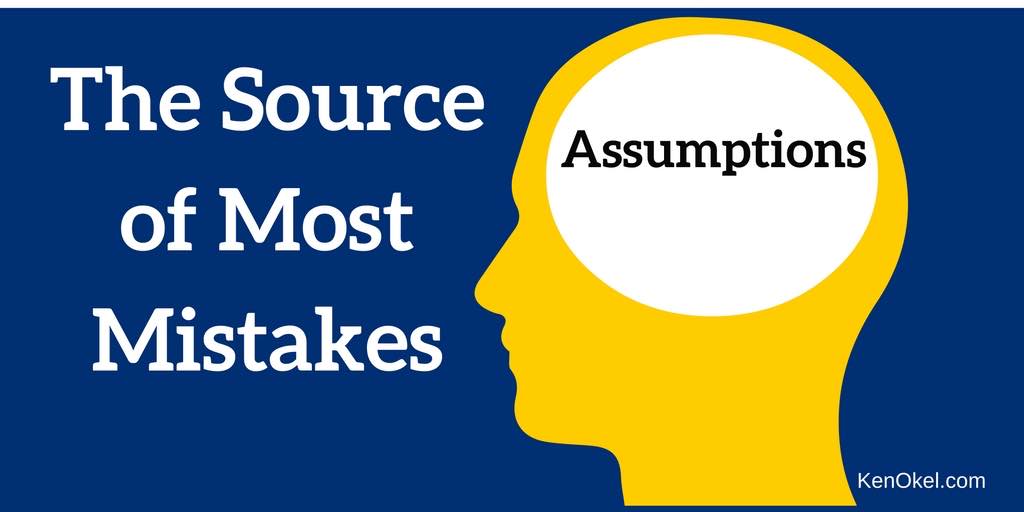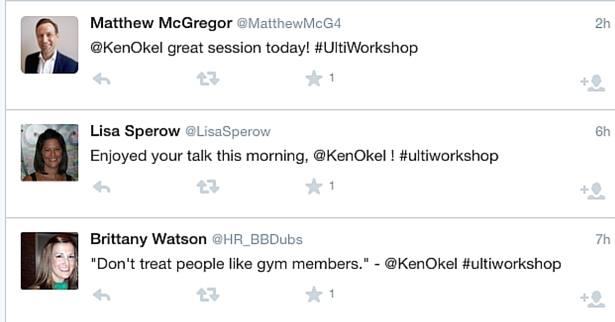 A trip down a long and twisting hill ended with me realizing that I had just made a big mistake. I had made an assumption and it was wrong.
A trip down a long and twisting hill ended with me realizing that I had just made a big mistake. I had made an assumption and it was wrong.
Maybe this has happened to you. In your world, do you make decisions based on what you think is true, when maybe you should first consider alternatives?
For me, the big mistake began on an ordinary drive on a residential street when I was 16 years old. I was enjoying being a new driver and had the windows down so I could cool down with the summer breeze. My trip took me down a hill that had a few twists and turns.
Before long, I could see a car approaching me from the other direction. As we were passing, the driver, an elderly gentleman, stuck his head out the widow. He yelled at me, “Slow down!”
I assumed this was an angry man. I assumed he hated young drivers. And I assumed there was nothing he could say that could help me.
These thoughts filled my mind in a split second. The feelings were extrapolated from some past experiences and it was easy to assume that they were correct and would always be correct.
In my mind I thought, “How dare that guy tell me how to drive. I wasn’t even speeding. He needs to get over his issues about young drivers.”
Everything changed a moment later when I reached a curve in the hill. I saw the police car that was parked around the bend. I had just driven into a speed trap.
Luckily, the officer’s radar didn’t catch me speeding. I was a law abiding young driver. But it was an unexpected surprise and I could imagine a situation where a hill could have made me drive a little faster. I felt a wave of appreciation for the old man who tried to save me from a possible ticket.
My feelings for him had originally been based on my interpretation of his remarks, rather than the reality of the situation. I had been quick to blame someone who wanted to help me.
How many times do we base our actions on incomplete information? In this instance, I didn’t have a chance to ask a followup question. I realized that my default response to feedback from an older person needed to change.
In the workplace, many mistakes can be traced to a simple misunderstanding. Sometimes this is due to a lack of time, a lack of patience, or not being in the moment while talking to someone.
Consider your track record when you’ve made decisions based on assumptions. How much of a problem was created by your jumping to conclusions? Did it produce a big mistake?
I’ve learned priceless moments often come when you pause and say to yourself, “Did I hear that right?” or “Is there another reason why I’m hearing this?”
Taking that moment to consider all possibilities before acting then becomes a source of empowerment.
Want to spark your creativity? Try the Paper Hat Exercise.







